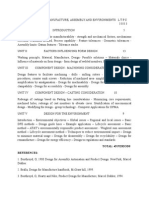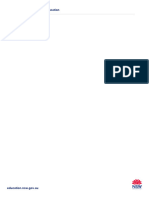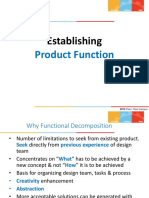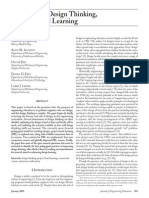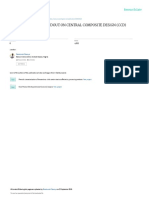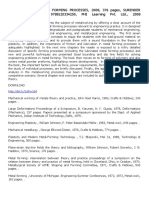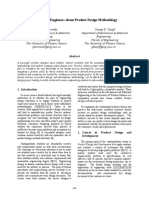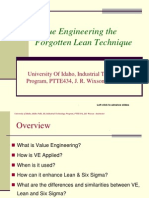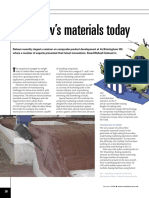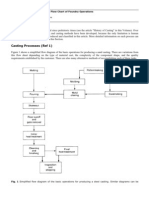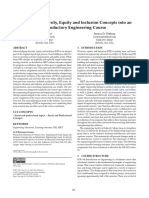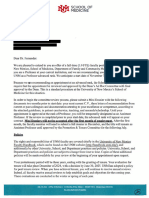100% found this document useful (1 vote)
101 views37 pagesInfusing DEI Into Engineering Curricula and Culture
Uploaded by
Sheen DuranoCopyright
© © All Rights Reserved
We take content rights seriously. If you suspect this is your content, claim it here.
Available Formats
Download as PDF, TXT or read online on Scribd
100% found this document useful (1 vote)
101 views37 pagesInfusing DEI Into Engineering Curricula and Culture
Uploaded by
Sheen DuranoCopyright
© © All Rights Reserved
We take content rights seriously. If you suspect this is your content, claim it here.
Available Formats
Download as PDF, TXT or read online on Scribd
/ 37





